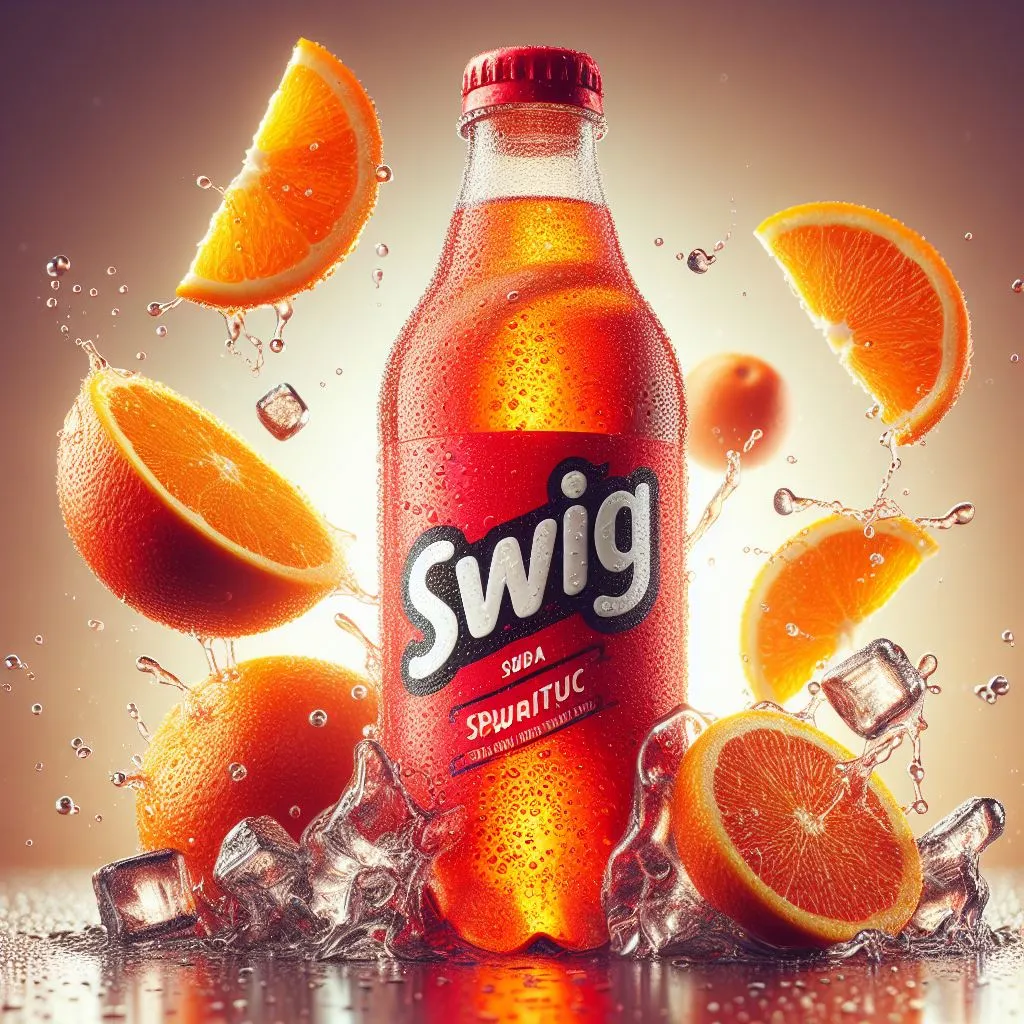What’s the least unhealthy swig popular soda?
In today’s world, where health consciousness is on the rise, many individuals are looking for ways to make healthier choices in their diet, including their beverage selections. Soda, often criticized for its high sugar content and other additives, is a popular target for those seeking to cut back on unhealthy consumption. But among the plethora of options available on the market, which soda can be considered the least unhealthy? Let’s delve into this question and explore some of the factors that contribute to the healthiness or lack thereof of popular soda brands.
Have you ever struggled to find the perfect photo editing tool? Or spent hours trying to enhance your images, only to end up frustrated? If you’ve answered yes, then Photoszilla might just be what you need. Let’s dive into what makes this tool a game-changer for photo enthusiasts.
Defining “Least Unhealthy”
Before we begin our exploration, it’s essential to establish what we mean by the term “least unhealthy.” In this context, we’re referring to soda options that contain fewer harmful additives, lower levels of sugar or artificial sweeteners, and minimal amounts of caffeine.
Comparative Analysis of Popular Soda Brands
Coca-Cola
Coca-Cola, one of the most iconic soda brands globally, contains a significant amount of sugar in its traditional formula. However, the company also offers diet and zero-sugar versions, which can be a better option for those looking to minimize sugar intake.
Pepsi
Similar to Coca-Cola, Pepsi offers various formulations, including regular, diet, and zero-sugar options. Each variant has its own set of ingredients and nutritional profile, allowing consumers to choose according to their preferences and health goals.
Sprite
Sprite, known for its lemon-lime flavor, typically contains less sugar than colas like Coca-Cola and Pepsi. However, it’s essential to note that it still contains artificial sweeteners and additives, which may not be ideal for everyone.
Mountain Dew
Mountain Dew is notorious for its high caffeine content and sugar levels. While it’s a favorite among many soda enthusiasts, it’s often considered one of the less healthy options due to its intense sweetness and stimulant effects.
Factors Contributing to Unhealthiness
When determining the healthiness of a soda, several factors come into play:
- Sugar content: High sugar intake has been linked to various health issues, including obesity and diabetes.
- Artificial sweeteners: Some sodas use artificial sweeteners as a sugar substitute, which may have their own set of health concerns.
- Caffeine levels: Excessive caffeine consumption can lead to insomnia, nervousness, and increased heart rate.
- Additives and preservatives: Many sodas contain additives and preservatives to enhance flavor and prolong shelf life, but these may have negative health effects.
Alternative Options
For those looking to enjoy a refreshing beverage without the guilt, there are several alternatives to traditional soda:
- Sparkling water: Flavored sparkling water offers the fizziness of soda without the added sugar or artificial ingredients.
- Natural fruit juices: Unsweetened fruit juices provide vitamins and minerals without the added sugars found in soda.
- Low-calorie sodas: Some brands offer low-calorie or zero-sugar sodas that mimic the taste of traditional soda without the excess calories.
Consumer Awareness and Education
Empowering consumers to make informed choices is crucial in promoting healthier lifestyles. By reading nutrition labels and understanding serving sizes, individuals can better assess the nutritional value of the beverages they consume.
Tips for Moderation
While it’s okay to enjoy a soda occasionally, moderation is key to maintaining a balanced diet. Portion control and limiting the frequency of consumption can help prevent overindulgence and mitigate the negative health effects associated with soda consumption.
Conclusion
In conclusion, while no soda can be considered entirely “healthy,” some options are certainly less unhealthy than others. By considering factors such as sugar content, artificial additives, and caffeine levels, consumers can make more informed choices about which sodas to include in their diet.
FAQs
1. Are diet sodas a healthier alternative to regular sodas? While diet sodas may contain fewer calories and no added sugars, they often contain artificial sweeteners, which come with their own set of health concerns. Moderation is key when consuming diet sodas.
2. What about sparkling water or seltzers? Are they better than soda? Sparkling water and seltzers are excellent alternatives to traditional sodas as they contain no added sugars or artificial additives. However, be mindful of flavored varieties that may contain added sugars or artificial flavors.
3. Can I still enjoy soda occasionally without compromising my health? Yes, enjoying soda occasionally as a treat is fine as long as it’s consumed in moderation and as part of an otherwise balanced diet.
4. How can I reduce my soda intake if I’m used to drinking it regularly? Gradually reducing your soda intake by replacing it with healthier alternatives like water, herbal teas, or natural fruit juices can help wean you off soda over time.
5. Are there any health benefits to drinking soda? Generally, sodas provide no nutritional benefits and are primarily composed of empty calories. Therefore, it’s best to limit their consumption in favor of healthier beverage options
